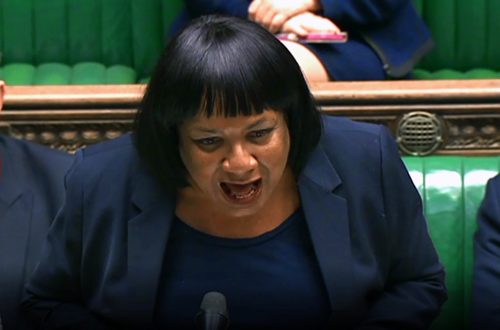Both Jack Straw and Sir Malcolm Rifkind have been suspended from their respective parties following cash for access allegations. As the BBC reported:
It is claimed that Mr Straw was recorded describing how he operated “under the radar” and had used his influence to change EU rules on behalf of a firm which paid him £60,000 a year.
Rifkind seemed to forget he even had a job with a £67,000 salary.
Sir Malcolm was recorded saying: “I am self-employed. So nobody pays me a salary, I have to earn my income, but when I’m not doing something I can do what I like.”
By contrast, those who have been stripped of benefits to which they may well be entitled could be forced to pay by the government if they appeal against DWP decisions.
Here are some striking statistics.
Earlier this week figures showed that in the past year nearly 900,000 people have had their benefits stopped, the highest figure for any 12-month period since jobseeker’s allowance was introduced in 1996. In recent months, however, 58% of those who wanted to overturn DWP sanction decisions in independent tribunals have been successful. Before 2010, the success rate of appeals was 20% or less.
Legal aid cuts are another problem. Here’s just one perspective, from Pragna Patel of Southall Black Sisters, on the effects of limiting access to justice for the most vulnerable.
And, as an appeal court judge argues here, (in)justice aside, such cuts may represent a false economy.


